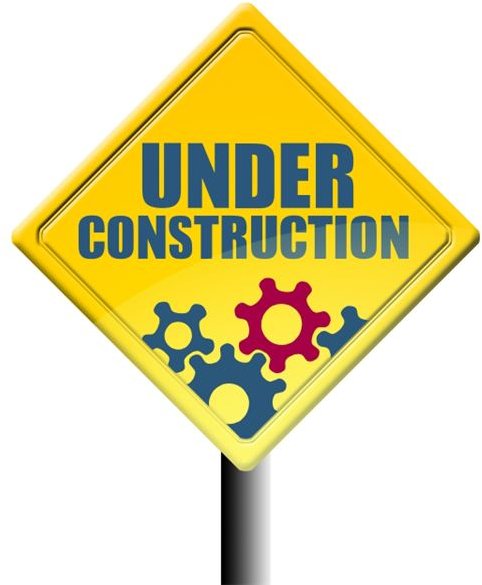Is It Possible to Speed Up Search Engine Indexing?
It takes some time for each website to establish its positions in search engine results. Owners of new web projects may be uncertain or worried about the manner in which their content will get indexed. Further, this process may be much longer than expected.
Though indexing cannot take place at the speed of light, certain techniques can be utilized to make it faster. Most practices that can make search engine indexing faster are basic and uncomplicated.
Content optimization and originality are of uttermost importance. After all, search engines crawl through text. The availability of many pages and articles is the first step towards faster search engine submission.
What does it take to make a website’s indexing faster?
Writing on a Regular Basis
A website will get indexed much faster if it is provided with fresh content on a regular basis. Frequent updates are probably the foundation of search engine optimization.
It is important for all content to be original and written in a specific style. Copied or paraphrased articles can do little in terms of website indexing. A website should provide a fresh perspective or some unusual angle to a well-known topic.
Some website owners wonder whether they should write new content every single day. The truth is that search engine crawlers examine a website every now and then. If they find new web content to index each time, they are more likely to return often. Writing on a regular basis will guarantee that content is indexed frequently. Further, quality should never be sacrificed for quantity. In case the writer has nothing new to say, it might be a good idea to refrain from uploading a mediocre piece for the sake of updating.
Keeping Content Niche-Specific
Some websites lack focus. General content is useful and acceptable but it may slow down the website’s search engine indexing.
Keeping all content niche-specific will facilitate SEO efforts.
Choosing an appropriate niche is the first step. The best topic is one that features little competition and that generates significant reader interest.
Focused, well-researched and useful niche content aids the website’s positioning and indexing, as well. The more informative and professional the website copy is, the faster it will get indexed and appearing at the top of search engine results.
Working on Backlinks
Apart from content, search engines look for several other factors when indexing a website. Recommendations coming from other pages play a role, as well.
It is important to get numerous quality backlinks. Quality backlinks are the ones that come from well-positioned and indexed websites. Topical relevance will also play a role. Search engine indexing can be made quicker if a website owner works on receiving many backlinks over a short period of time.
In this instance, the quality of backlinks is more important than the number. Numerous backlinks from low-quality websites will do little in terms of SEO.
Internal Linking
The homepage of a website is usually the first one to get indexed. To facilitate the indexing of other pages and to make it faster, a website owner can rely on the intelligent introduction of internal links.
Internal links are the ones that link one page of a website to another. These are very useful, since they provide the reader with additional information on a topic. Further, they serve as a path for search engine crawlers. Once a crawler follows an internal link, it will gain easier access to all pages of the website.
Internal linking can help the proper distribution of PageRank to all pages. It can be used to make indexing an even process. Naturally, internal links need to be logical and useful. If one page has no relation to another, the internal link will be unable to improve the indexing.
Sitemap Submission
A large website will usually have a complex structure including many category and content pages. Search engine crawlers will have difficulties discovering and indexing these pages over a short period of time.
A sitemap can be used to act as a ‘content tree’ that search engine crawlers will use to get through all of the pages.
The sitemap is actually a file that includes a list of all pages. This sitemap can be submitted to major search engines. The well-documented and hierarchically presented structure makes it easy for search engines to discover everything that the website makes available.
It is important to understand that all these steps will be insufficient to minimize significantly the time that is needed to get a website properly indexed. They can, however, be used to make sure that all pieces of content are crawled by search engine bots and that the content gets a good search engine ranking.
Speeding up search engine indexing can be a cumbersome and time-consuming task. In the long-term, these efforts will pay off. They will guarantee the good ranking and the popularity of a website. It takes time and patience but results will be visible, as long as SEO techniques are implemented properly.
Image source: freedigitalphotos.net, Salvatore Vuono
